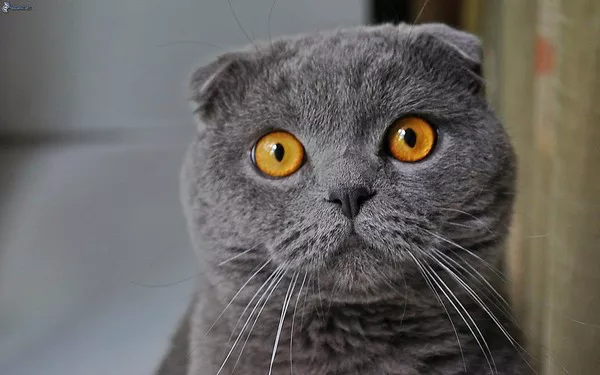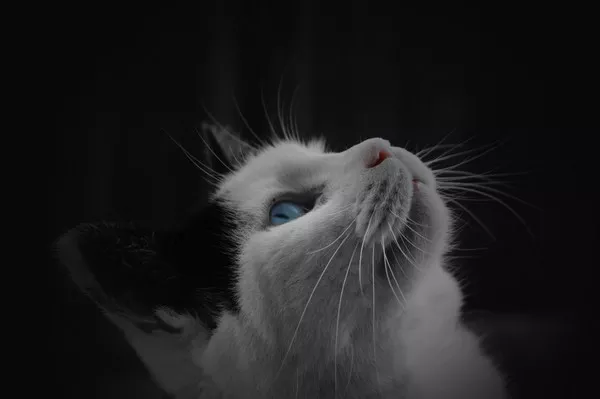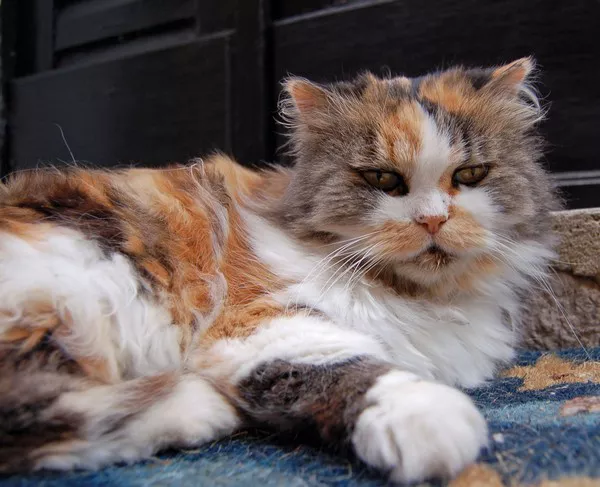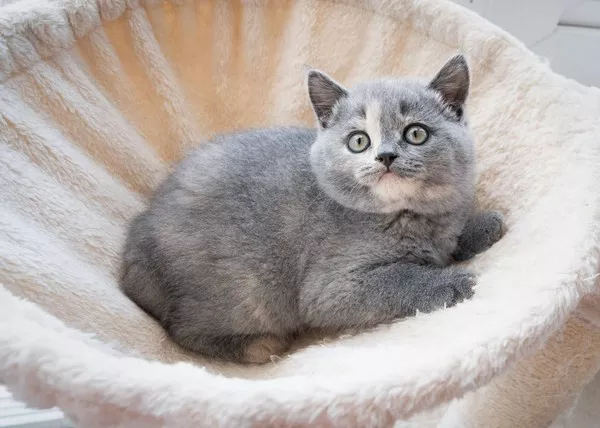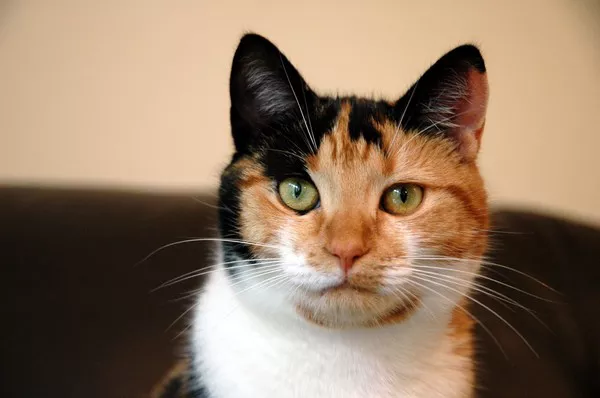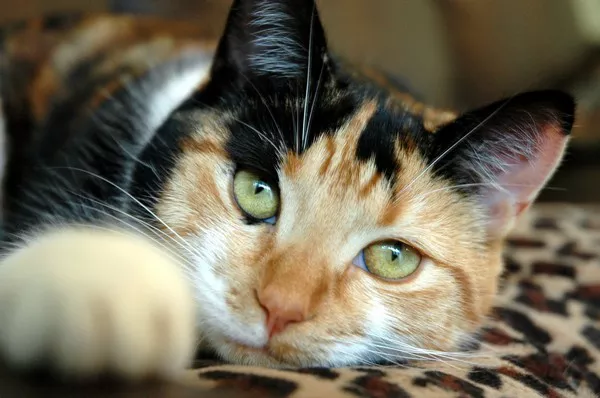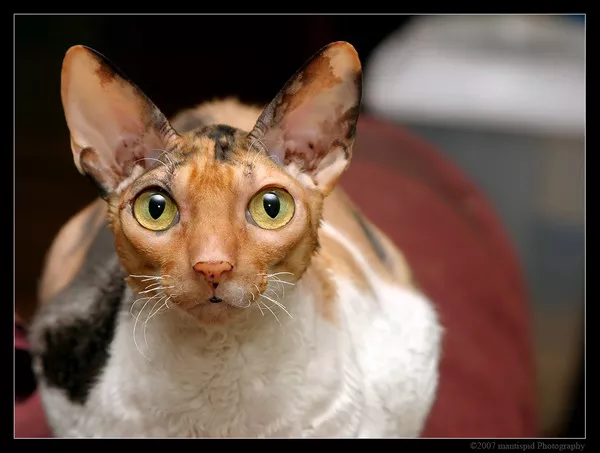The British Shorthair is a beloved cat breed that has been around for centuries. Known for its stocky build, plush coat, and adorable face, this breed has gained quite a following among cat lovers around the world. But when it comes to keeping a British Shorthair as a pet, one question that often comes up is whether they are indoor or outdoor cats.
In this article, we will take an in-depth look at the British Shorthair breed and explore their natural tendencies when it comes to living indoors or outdoors. We will also cover some important considerations you should keep in mind if you are thinking about adopting a British Shorthair as a pet.
Understanding the British Shorthair Breed
Before we dive into the indoor/outdoor debate, let’s take a closer look at the British Shorthair breed itself. This breed originated in Great Britain and was originally bred as a working cat that helped control rodent populations on farms and in homes.
Over time, the British Shorthair became a popular pet due to its friendly nature, easy-going personality, and distinctive appearance. Today, these cats are known for their round faces, thick coats, and wide-set eyes that give them an almost teddy bear-like appearance.
British Shorthairs are a medium-sized breed, typically weighing between 9 and 18 pounds. They have a sturdy, muscular build and a low center of gravity that gives them excellent balance and agility.
Indoor vs. Outdoor: What Does the British Shorthair Prefer?
When it comes to whether a British Shorthair is an indoor or outdoor cat, the answer is not a simple yes or no. Like many other cat breeds, the British Shorthair can adapt to living both indoors and outdoors, but there are some key differences to consider.
Firstly, it’s important to note that the British Shorthair is not an overly active breed. While they do enjoy playtime and exercise, they are not typically as high-energy as some other cat breeds. This means that they can be perfectly content living indoors as long as they have plenty of toys, scratching posts, and other forms of stimulation to keep them occupied.
That being said, some British Shorthairs do enjoy spending time outdoors. They are known for their hunting abilities and may enjoy stalking and catching prey if given the opportunity. However, it’s important to keep in mind that outdoor cats face a number of risks, including exposure to disease, injury from fights with other animals, and accidents involving cars or other hazards.
Ultimately, whether your British Shorthair prefers to live indoors or outdoors will depend on their individual personality and preferences. Some cats may be perfectly happy spending all their time inside, while others may need the stimulation and excitement of the great outdoors to thrive.
Important Considerations for British Shorthair Owners
If you’re thinking about adopting a British Shorthair as a pet, there are several important considerations to keep in mind.
Firstly, regardless of whether your cat will be indoor-only or allowed to roam outdoors, it’s important to make sure they are up-to-date on all their vaccinations and receive regular veterinary care. This will help protect them from common illnesses and ensure they stay healthy and happy.
Secondly, if you do plan to allow your British Shorthair outdoors, it’s important to take steps to minimize the risks they face. This may include keeping them on a leash or in a secure outdoor enclosure, providing them with identification tags or microchipping them so they can be easily located if they become lost, and supervising them whenever they are outside.
Lastly, it’s important to provide your British Shorthair with plenty of mental and physical stimulation regardless of whether they live indoors or outdoors. This may include providing them with plenty of toys, scratching posts, and other forms of enrichment, as well as spending quality time playing with and interacting with your cat on a regular basis.
How to bring the indoors outside and keep your British Shorthair safe
If you’re interested in bringing the indoors outside for your British Shorthair, there are a number of steps you can take to make sure they stay safe and comfortable.
1. Provide shade: Cats are sensitive to heat, so it’s important to provide plenty of shade for your cat when they’re spending time outdoors. You can do this by setting up a canopy or umbrella, or by providing a covered area where they can retreat if they get too hot.
2. Provide water: Make sure your cat has access to clean, fresh water at all times. You can use a bowl or a pet fountain to keep the water circulating and cool.
3. Provide a litter box: If you’re planning to spend a lot of time outside with your cat, consider providing a litter box so they have a designated spot to go to the bathroom. This will also help prevent them from going outside of the designated area.
4. Use a harness and leash: If you’re planning to take your cat for walks or let them explore the outdoors, it’s important to use a harness and leash to keep them safe and secure.
5. Supervise your cat: Even if your cat is used to being outside, it’s important to supervise them at all times to make sure they don’t run into any hazards or get into trouble.
6. Check your yard for potential hazards: Before letting your cat outside, make sure your yard is free of any potential hazards, such as toxic plants, sharp objects, or holes they could fall into.
7. Keep your cat up-to-date on their vaccinations: Make sure your cat is up-to-date on all their vaccinations to protect them against common illnesses and diseases they may encounter outdoors.
Conclusion
In conclusion, the British Shorthair is a versatile breed that can adapt to living both indoors and outdoors. While some cats may prefer one environment over the other, it ultimately comes down to individual preferences and personality.
Regardless of whether you choose to keep your British Shorthair indoors or allow them outdoors, it’s important to provide them with plenty of love, care, and attention. With proper care and attention, your British Shorthair will make a wonderful companion for many years to come.

